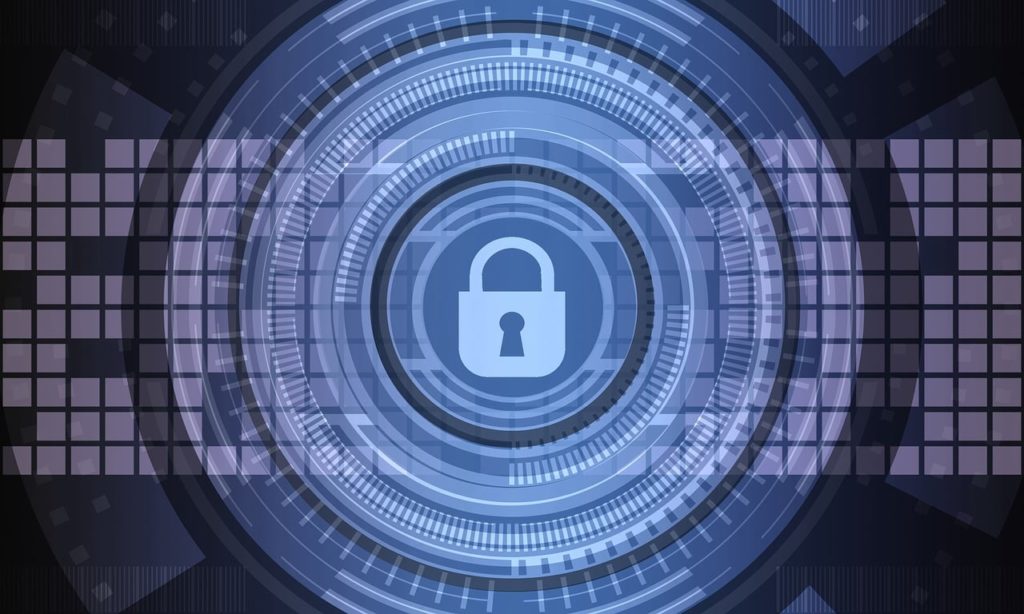Commercial Feature
Protecting Your Business: Cyber Security Strategies for 2024

In today’s digitally driven world, the importance of robust cyber security measures cannot be overstated. As cyber threats continue to evolve, businesses must stay vigilant and proactive in safeguarding their assets. This blog post outlines essential cyber security strategies for 2024, ensuring your business remains resilient against cyber-attacks.
Understanding the Current Cyber Threat Landscape
The cyber threat landscape is continuously changing, with cybercriminals employing increasingly sophisticated tactics. In 2024, businesses face various threats, including ransomware, phishing, and insider threats. Staying informed about these threats is the first step towards developing effective countermeasures.
Implementing Strong Access Controls
One of the foundational elements of cyber security is controlling access to your business’s digital assets. Implementing strong access controls involves:
- Multi-Factor Authentication (MFA): Requiring multiple forms of verification before granting access can significantly reduce the risk of unauthorised access.
- Role-Based Access Control (RBAC): Assigning permissions based on the user’s role within the organisation ensures that employees only have access to the information necessary for their job functions.
- Regularly Updating Password Policies: Enforcing complex password requirements and periodic changes can further enhance security.
Enhancing Network Security
A secure network is crucial for protecting sensitive data and preventing breaches. Key strategies for enhancing network security include:
- Firewalls and Intrusion Detection Systems (IDS): Deploying firewalls and IDS can help monitor and block suspicious activities.
- Virtual Private Networks (VPNs): Using VPNs for remote access ensures that data transmitted over the internet is encrypted and secure.
- Network Segmentation: Dividing the network into smaller, isolated segments can limit the spread of a potential breach.
Regular Software Updates and Patch Management
Outdated software and unpatched vulnerabilities are common entry points for cybercriminals. Ensuring that all software, including operating systems and applications, is regularly updated is critical. Implementing an effective patch management process can help identify and apply necessary updates promptly.
Employee Training and Awareness
Human error is a significant factor in many cyber incidents. Providing regular training and fostering a culture of cyber awareness within your organisation is vital. Focus on:
- Phishing Awareness: Educate employees on recognising phishing attempts and how to respond appropriately.
- Safe Browsing Practices: Encourage the use of secure websites and caution against downloading unverified attachments or software.
- Incident Reporting: Create clear protocols for reporting suspicious activities or potential breaches.
Data Encryption
Encrypting sensitive data both at rest and in transit adds an extra layer of protection. Encryption ensures that even if data is intercepted, it remains unreadable without the appropriate decryption key. Implementing strong encryption standards is essential for safeguarding critical information.
Implementing a Robust Incident Response Plan
Despite the best preventive measures, breaches can still occur. Having a well-defined incident response plan ensures your business can respond quickly and effectively. Key components include:
- Incident Detection and Analysis: Establish methods for detecting and analysing potential incidents.
- Containment and Eradication: Develop strategies to contain the breach and eliminate the threat.
- Recovery and Post-Incident Review: Outline steps for restoring normal operations and conducting a thorough review to prevent future incidents.
Regular Security Audits and Assessments
Conducting regular security audits and assessments helps identify vulnerabilities and ensure compliance with security standards. Engaging third-party experts can provide an objective evaluation of your security posture and recommend improvements.
Implementing IASME Cyber Essentials
Adhering to recognised cyber security standards like IASME Cyber Essentials can significantly enhance your business’s security. This government-backed scheme provides a clear framework for implementing basic cyber security measures, helping protect against a wide range of common threats. Achieving Cyber Essentials certification demonstrates your commitment to cyber security and can boost customer confidence.
Leveraging Advanced Technologies
Emerging technologies offer new opportunities for enhancing cyber security. Consider incorporating:
- Artificial Intelligence (AI) and Machine Learning: These technologies can help identify patterns and anomalies, enabling faster threat detection and response.
- Blockchain: Blockchain technology offers secure, transparent methods for data transactions and can help prevent tampering.
- Zero Trust Architecture: Adopting a Zero Trust approach means that no entity, inside or outside the network, is trusted by default, adding an extra layer of scrutiny.
Partnering with Cyber Security Experts
Engaging with cyber security experts can provide specialised knowledge and support. Managed Security Service Providers (MSSPs) offer comprehensive security services, including threat monitoring, incident response, and risk assessments. Partnering with an MSSP can enhance your security capabilities and allow you to focus on core business activities.
Conclusion
In 2024, the cyber threat landscape is more complex than ever, requiring businesses to adopt a multi-faceted approach to cyber security. By implementing robust access controls, enhancing network security, providing employee training, and leveraging advanced technologies, your business can effectively protect its digital assets. Adhering to standards like IASME Cyber Essentials further strengthens your security posture. Stay proactive and vigilant to ensure your business remains secure in an increasingly digital world.
 News / Academics lead campaign against Lord Browne Chancellor bid2 July 2025
News / Academics lead campaign against Lord Browne Chancellor bid2 July 2025 News / Lord Mandelson visits University30 June 2025
News / Lord Mandelson visits University30 June 2025 Features / 3am in Cambridge25 June 2025
Features / 3am in Cambridge25 June 2025 News / John’s students call on College to divest1 July 2025
News / John’s students call on College to divest1 July 2025 Comment / Why shouldn’t we share our libraries with A-level students?25 June 2025
Comment / Why shouldn’t we share our libraries with A-level students?25 June 2025




